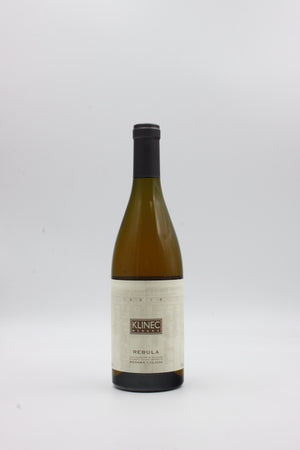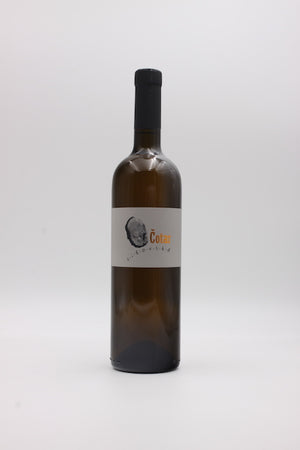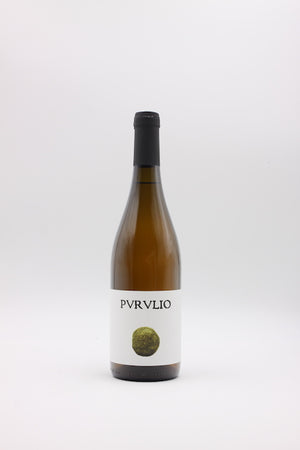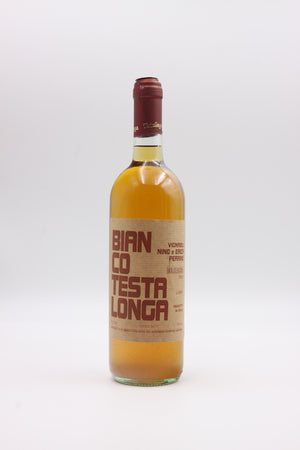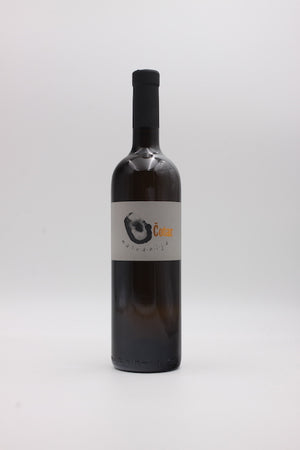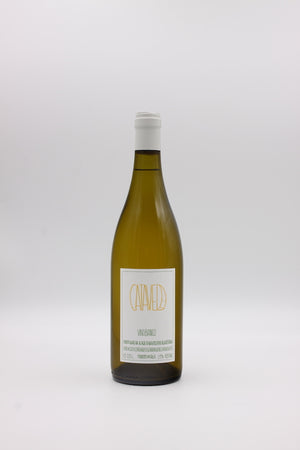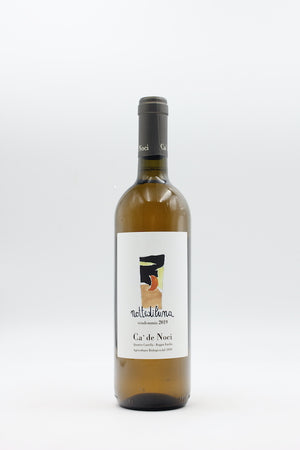- Home
- Orange wines
- Schmelzer: Frühroter Veltliner "Schlicht und Ergreifend" 2020


Schmelzer: Frühroter Veltliner "Schlicht und Ergreifend" 2020
- €26,80
Frühroter Veltliner is, despite its supposedly melodious name, somewhere between Goldburger and Sämling in the hit parade of Austrian grape varieties - in other words, pretty far down the list. The area planted with it fell by almost 50% between 1999 and 2015 and, if you look around, there are few reasons why it should be any different. If it is still bottled at all and not sold by the glass, it is thin, bland and at best trimmed to a sugary-fruity flavour by a few pure yeasts.
Amidst this insignificance, however, there is one major exception that puts all judgements about Frühroter Veltliner into perspective. Georg Schmelzer's mash-fermented masterpiece shows what happens when you approach the variety from a different angle and emphasise attributes that were previously hidden.
Apart from the fact that Schmelzer has created an environment for his vines that emphasises the health and expressiveness of the berries, the variety also seems to benefit from low-intervention vinification (spontaneous fermentation/no temperature control) and long contact with its skins. After mash fermentation, he ages his Frühroter Veltliner in wooden barrels and bottles it unfiltered and without adding sulphites.
Ripe citrus fruits and herbal notes. Balsamic, soft and multi-layered. A fine tannin structure bundles body and flavours and supports the rather mild acidity. The texture is full-bodied and warm and the structure is straightforward and powerful. Flows smoothly and long over the palate.
Data sheet
Grape variety: Frühroter Veltliner
Vineyard: On the slopes of the Parndorfer Platte, sand & limestone
Harvest: By hand
Fermentation: spontaneous | wild yeasts, with 8-week skin contact
Ageing: over 18 months in used wooden barrels
Filtration: no
SO₂: no added sulphites
Alcohol content: 13.5%
Closure: Natural cork
Drinking temperature: 10-12 °C
Perfect drinking period: from now - 2028
Content and price per litre: 0.75 l/(€32.37/l)
Maxime: All winegrowers listed with Vinonudo work with compost, organic fertiliser and natural preparations in their vineyards and do not use herbicides, pesticides or artificial fertilisers.
Newsletter
Who knows more, tastes more. Once a week there is news about our wines, winegrowers and events.
© 2025 vinonudo | Shopify Theme by Mile High Themes | Powered by Shopify
